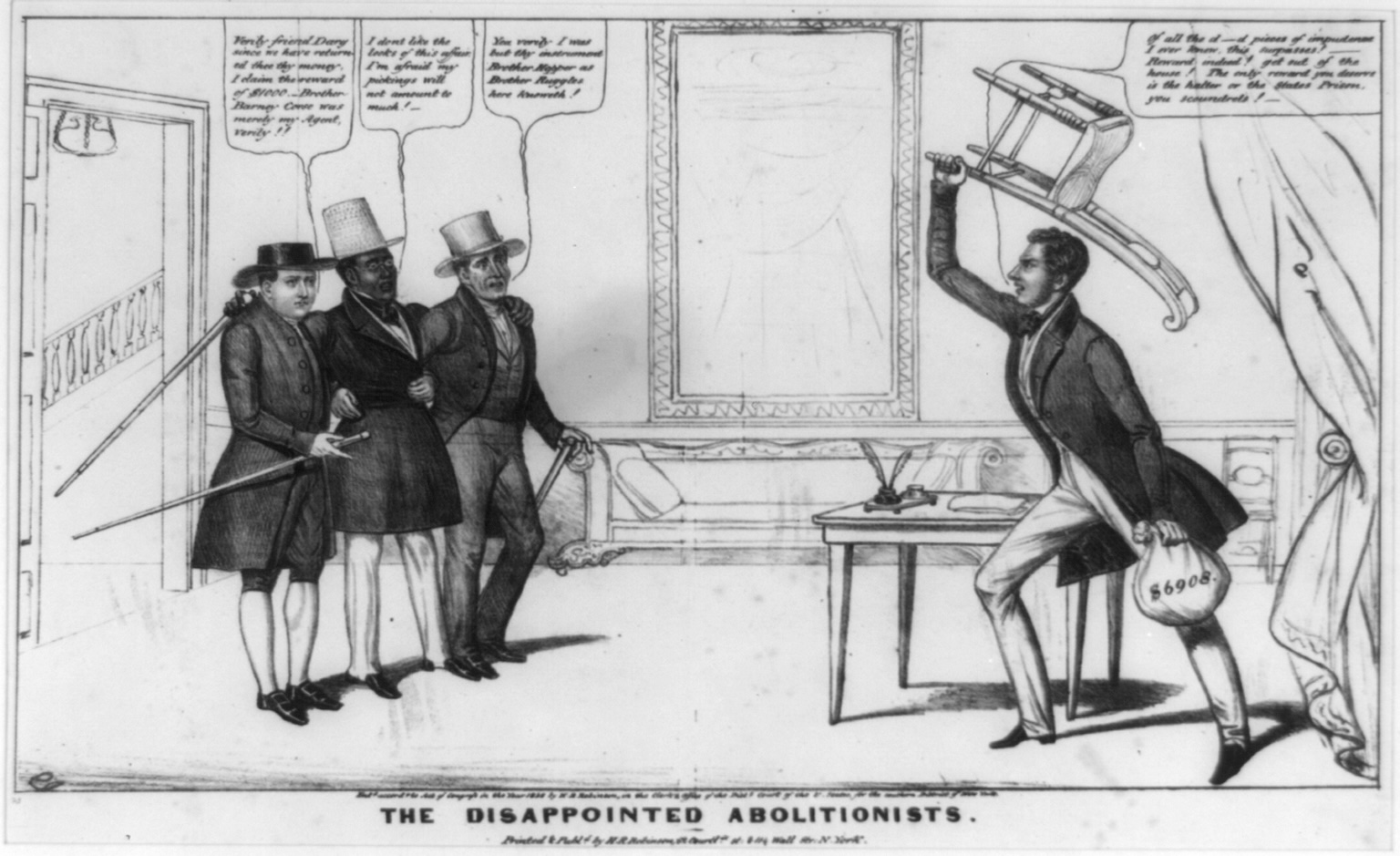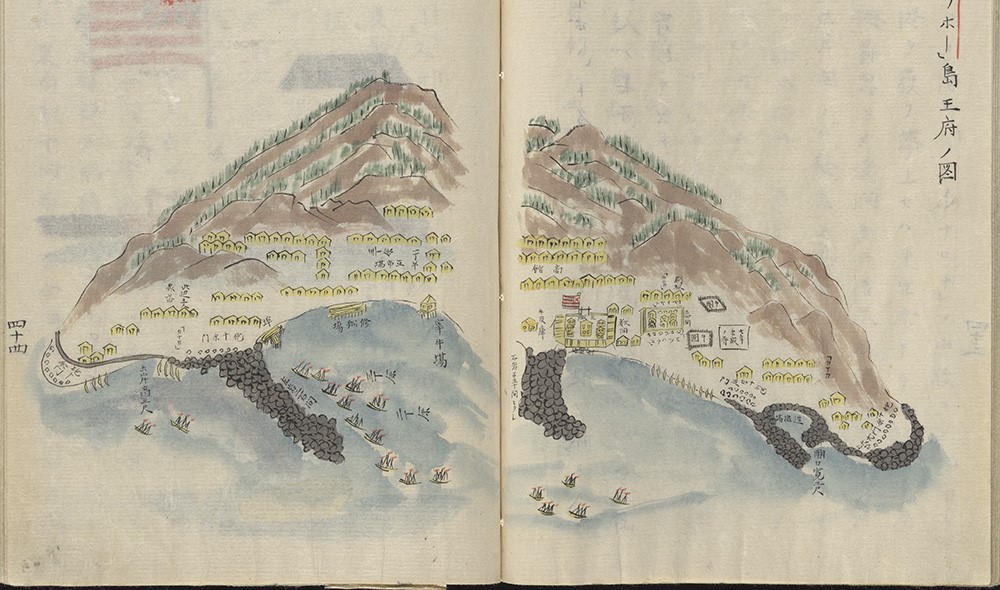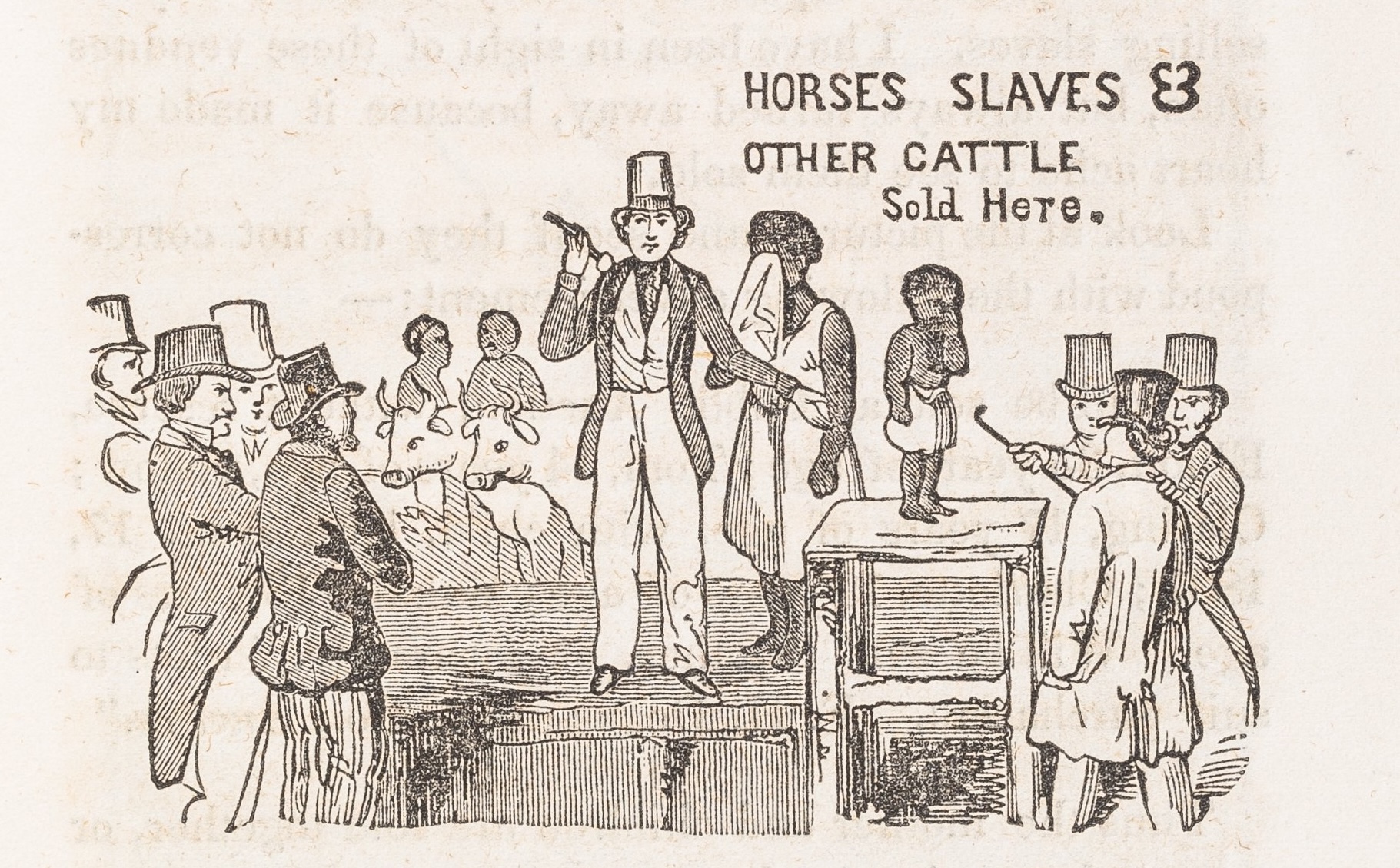January 31, 2008
Goody Bags Bad
The eloquently nasty James Wolcott made a sharp comment on the historical contribution to what he called “the Charlie Rose post-[State of the Union] all-star cud-chew” Monday night. Actually I would have generalized Wolcott’s point to most of the people I have seen on supposedly serious TV talk shows labeled as a “presidential historian.” Panelist Doris Kearns Goodwin, Wolcott wrote, has
become a major irritant with her . . . goody bag of presidential anecdotes that she dispenses to humanize everybody on the same glorious continuum, as if the crimes and calamities of Vietnam and Iraq were crucibles of character-building for our chief executives, the crowded backdrops to personal tragedy and greatness. (So many faraway nobodies have to die so that History can come alive.)
This is not a new irritant at all, of course, as Goodwin and a number of her pop history colleagues have been handing out these sugary snacks regularly ever since the great Founder Chic eruption of 2001. It would be nice if the middlebrow media and popular political history would work on their addiction to this kind of thing, but somehow I doubt we will be seeing Charlie Rose in intellectual rehab anytime soon.
January 30, 2008
“Less Jobs, More Wars”
That’s the message some Republican commentators are expecting the GOP to have to run with in the fall if John McCain wins the nomination, as seems increasingly likely. Watch this video of Joe Scarborough and Pat Buchanan chortling blackly about McCain’s Florida win:
There would be a platform that John Adams could have run on, or, to be fair, James Madison or Martin Van Buren, too. But they would not have enjoyed it like the self-loathing Adams.
If only those Massachusetts farmers had some credit card offers with great introductory rates . . .
 From John Quiggin in Australia (via Crooked Timber and Matthew Yglesias) comes the interesting suggestion that the relatively easy credit in the United States, especially as regards the comparatively lenient terms on which people can get credit, may help explain the general lack of political traction that increasing income inequality seems to get here. (Just ask John Edwards, again.)
From John Quiggin in Australia (via Crooked Timber and Matthew Yglesias) comes the interesting suggestion that the relatively easy credit in the United States, especially as regards the comparatively lenient terms on which people can get credit, may help explain the general lack of political traction that increasing income inequality seems to get here. (Just ask John Edwards, again.)
Quiggin wrote, in a late 2005 post:
1. Wage inequality in the US has grown greatly since 1970. Income inequality has also grown, but not as much since low-wage households have increased hours worked.
2. (Annual) Consumption inequality has not changed much since 1970. In my judgement, this reflects increased use of credit markets to smooth out short term fluctuations in income, which offsets increased long-run inequality. . .
4. Bankruptcy laws act as a kind of income insurance, and generous (to debtors) bankruptcy laws are a substitute for redistributive taxation.
I bolded what seemed the key points to me. In a new post today (1-30-08), Quiggin laments the current U.S. mortgage foreclosure crisis, but makes a similar point about the relatively lenient (compared to other countries) terms of U.S. mortgages: “Most [U.S.] mortgages are non-recourse, meaning that the lender can take the house but cannot recover the debt from the borrowers income or other assets. That means that once the value of the house falls below the amount owing (equity becomes negative) the borrower can walk away from the house and the debt.” The parochial, debt-fueled American inside me blanches at the idea that it is common in other places for lenders to have rights over your money after they have taken your house. That would definitely damp down the old housing bubbles.
Of course, credit was not always so easy in the U.S., and the notable association of rural political unrest and rebellion in U.S. history with harsh credit contractions (and threatened property loss to creditors or taxing authorities) makes Quibbin’s suggestion fairly convincing. The most obvious example would be that central Massachusetts favorite, Shays’ Rebellion. It makes you wonder whether the credit-card companies really understood what they were playing with when they pushed through the bankruptcy “reform” legislation a while back. I am guessing not.
January 29, 2008
Florida’s Unsettling Influence
I don’t live in Florida any more — Common-Place editor Ed Gray is in a better position than me to comment — but it was unsettling to read our fellow early American historian (turned super-blogger) Josh Marshall’s opinion that the Sunshine State might decide the Republican nomination later today. Politics in Florida always puzzled me. I will never forget the guys standing outside a lecture hall handing out anti-tax literature — in a state with no income tax!
January 26, 2008
Welcome to the new “Publick Occurrences”
I have been writing a (very) sporadic political column on Common-Place since 2001, but I realized a while back that I would prefer to do “Publick Occurrences” as a blog instead of a column, since frankly not every single thought that passes through my head is worth developing into a whole essay. Probably more to the point, many observations I could have made over past few years would have long passed their sell-by date by the time they reached Common-Place through the usual editorial process. So now John McCoy and Ed Gray have been so kind as to set up this space where the world can once more have the horror of direct, largely unedited access to my thoughts on politics, history, and other (sometimes loosely) related matters. I hope to be posting at least once a week, especially on Sunday evening/Monday morning. Comments are enabled, but they will be moderated, at least for the time being.
While I can’t promise that this new “Publick Occurrences” blog will stick completely to the American history/current American politics intersection that was the focus of the columns, but since that perspective informs just about everything I do and say — ask my poor family who get world events and whatever we happen to be watching on television tiresomely contextualized every night — I doubt this space will stray too far. I will try to keep my teaching separate. Students who get this site accidentally through a search engine should check the links on my main home page for the course they are taking.
Finally, I certainly hope it would go without saying that the opinions expressed here are mine alone and not those of Common-Place, the American Antiquarian Society, or the University of Missouri, my actual employer.
This article originally appeared in issue 8.2 (January, 2008).
Jeffrey L. Pasley is associate professor of history at the University of Missouri and the author of “The Tyranny of Printers”: Newspaper Politics in the Early American Republic (2001), along with numerous articles and book chapters, most recently the entry on Philip Freneau in Greil Marcus’s forthcoming New Literary History of America. He is currently completing a book on the presidential election of 1796 for the University Press of Kansas and also writes the blog Publick Occurrences 2.0 for some Website called Common-place.



















